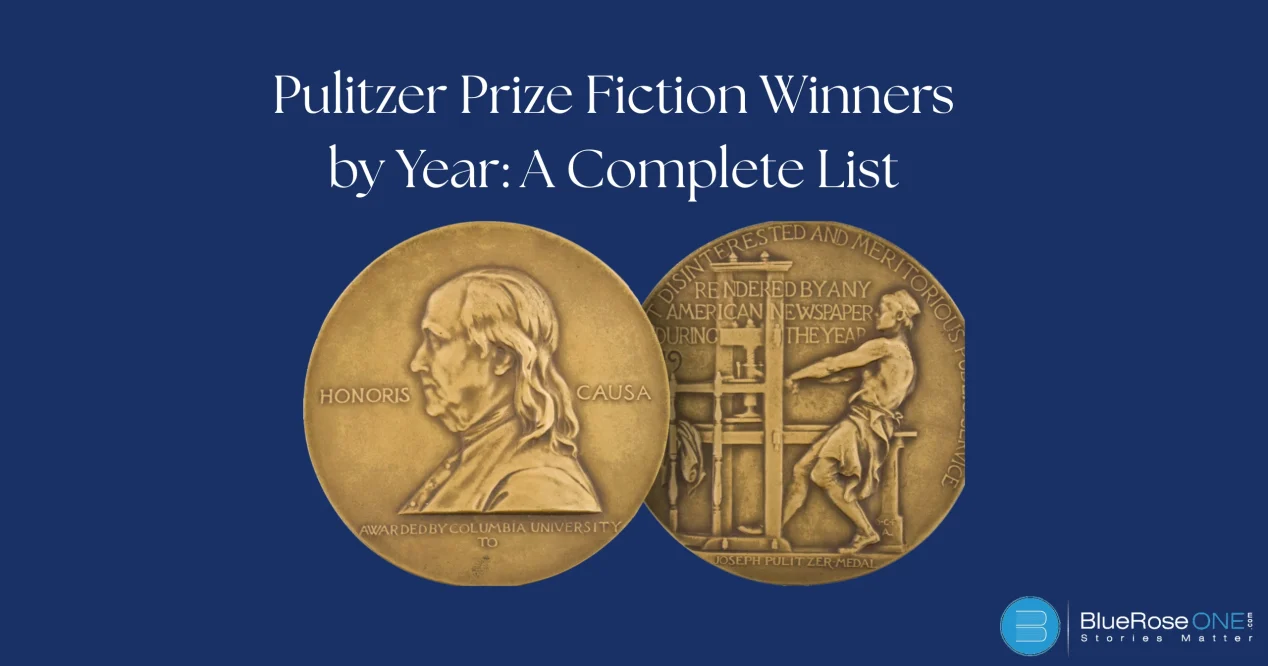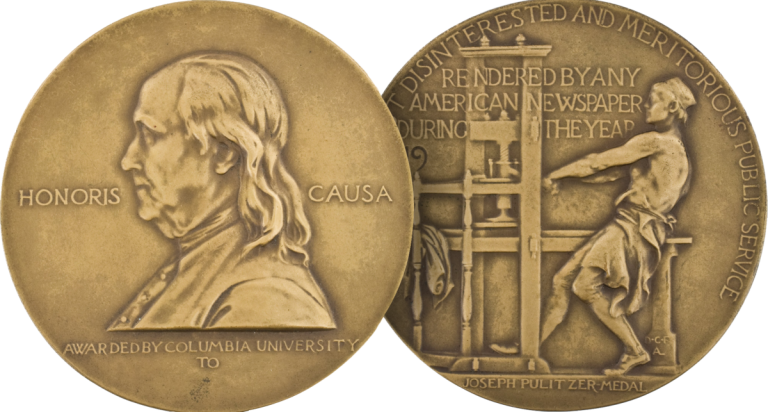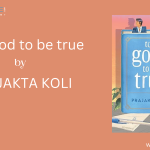Have you ever wondered what makes a novel timeless? The Pulitzer Prize for Fiction honors just those stories that capture the human experience so vividly, they become part of literary history. If you’re searching for a reading list that’s both enriching and award-approved, this complete list of Pulitzer Prize winners by year is your ultimate guide.
History of the Pulitzer Prize for Fiction
The Pulitzer Prize for Fiction was first awarded in 1918, originally known as the Pulitzer Prize for the Novel. Founded by Joseph Pulitzer, the prize aims to recognize distinguished fiction by an American author, preferably dealing with American life. Over the years, it has adapted to reflect the evolving landscape of literature.
In 1948, the category’s name officially changed to “Fiction.” This opened the door to more experimental and diverse styles, no longer limited strictly to the classic novel format.
Criteria for Winning
Wondering what sets Pulitzer winners apart? Here’s a quick rundown:
- Must be a work of fiction published in the preceding calendar year.
- Written by an American author.
- Preferably reflects American life.
- Chosen by a jury of literary critics, professors, and authors.
Only one winner is typically selected each year, though finalists are also named.
You may also read: What Is Demonology? Origins, Beliefs & Modern Interpretation
Pulitzer Prize Fiction Winners (1918–2025)
1918–1930: The Early Years
- 1918 – His Family by Ernest Poole
- 1921 – The Age of Innocence by Edith Wharton
- 1925 – So Big by Edna Ferber
- 1928 – The Bridge of San Luis Rey by Thornton Wilder
This era was dominated by themes of family, morality, and tradition.
1931–1950: Pre- and Post-War America
- 1932 – The Good Earth by Pearl S. Buck
- 1937 – Gone with the Wind by Margaret Mitchell
- 1940 – The Grapes of Wrath by John Steinbeck
- 1949 – Guard of Honor by James Gould Cozzens
These novels reflected the Great Depression, war, and shifting American identity.
1951–1970: The Modernist Shift
- 1953 – The Old Man and the Sea by Ernest Hemingway
- 1961 – To Kill a Mockingbird by Harper Lee
- 1965 – The Keepers of the House by Shirley Ann Grau
- 1970 – Collected Stories by Jean Stafford
Expect literary experimentation and bold social themes.
You may also like: Mindset Shift by Sharani Ponguru | Book Review
You may also like: Left Behind Series Books in Order: Where to Begin
1971–1990: Expanding Voices
- 1975 – The Killer Angels by Michael Shaara
- 1981 – A Confederacy of Dunces by John Kennedy Toole
- 1988 – Beloved by Toni Morrison
- 1990 – The Mambo Kings Play Songs of Love by Oscar Hijuelos
This period embraced diverse voices and postmodern narratives.
1991–2010: Contemporary Powerhouses
- 1994 – The Shipping News by Annie Proulx
- 2000 – Interpreter of Maladies by Jhumpa Lahiri
- 2003 – Middlesex by Jeffrey Eugenides
- 2007 – The Road by Cormac McCarthy
A focus on identity, immigration, dystopia, and family legacy.
2011–2025: Fresh Narratives
- 2015 – All the Light We Cannot See by Anthony Doerr
- 2017 – The Underground Railroad by Colson Whitehead
- 2020 – The Nickel Boys by Colson Whitehead
- 2023 – Trust by Hernan Diaz and Demon Copperhead by Barbara Kingsolver (shared win)
- 2024 – Night Watch by Jayne Anne Phillips
- 2025 – [To be announced]
Recent winners showcase bold storytelling and deeper dives into historical fiction, trauma, and resilience.
You may also like: The Mighty Red by Louise Erdrich: A Deep Dive into Her Latest Novel
You may also read: 100+ Adjectives That Start with C (With Definitions & Examples)
Most Awarded Authors - Pulitzer Prize Winners
Only a few authors have won multiple Pulitzers:
- Booth Tarkington (1919, 1922)
- William Faulkner (1955, 1963)
- John Updike (1982, 1991)
- Colson Whitehead (2017, 2020)
Talk about legendary!
Impact of Winning the Pulitzer Prize
Winning the Pulitzer is like a literary golden ticket. It leads to:
- Surging book sales
- Film adaptations
- Global recognition
- Academic endorsements
It’s not just a win, it’s a career-defining moment.
You may also like: Where Was the First Printing Press Created? | BlueRoseOne
Pulitzer vs Other Major Literary Awards
When comparing the Pulitzer Prize for Fiction to other major literary awards, such as the National Book Award, the Booker Prize, and the Nobel Prize in Literature, distinct differences emerge.
The Pulitzer focuses on American authors and celebrates works that capture American life, often emphasizing clarity, storytelling, and cultural relevance.
In contrast, the Booker Prize has an international scope, highlighting English-language fiction from the UK and Commonwealth nations. The National Book Award also honors American literature but often embraces more experimental or diverse voices.
Meanwhile, the Nobel Prize rewards lifetime achievement, honoring authors for their entire body of work rather than a single book.
Where to Read Pulitzer-Winning Fiction
Here’s where you can find them:
- Public libraries
- Used bookstores
- Online retailers like Amazon and Barnes & Noble
- Ebook platforms like Kindle and Scribd
- Audiobook services like Audible
Don’t forget to check your local indie bookshop too.
You may also read: Top 10 Types of Novels That Dominate Bestseller Lists
How to Predict Future Winners - Pulitzer Prize Fiction
Want to spot a future Pulitzer winner? Look for:
- Literary richness
- Original structure
- Bold, American themes
- Deep emotional resonance
And of course, that intangible “wow” factor.
Conclusion
The Pulitzer Prize for Fiction isn’t just about prestige, it’s about storytelling that speaks to the heart of a nation. Each winner captures a moment, a voice, a truth.
Whether you’re reading for joy, inspiration, or to sharpen your writing, this list is your literary goldmine.
Frequently asked questions
The first winner in 1918 was His Family by Ernest Poole.
Yes, authors like Colson Whitehead, William Faulkner, and John Updike have each won twice.
Yes! For example, Interpreter of Maladies by Jhumpa Lahiri won in 2000.
Preferably, yes it emphasizes American life and authorship.
It’s rare. The prize usually goes to books from established publishers.

















